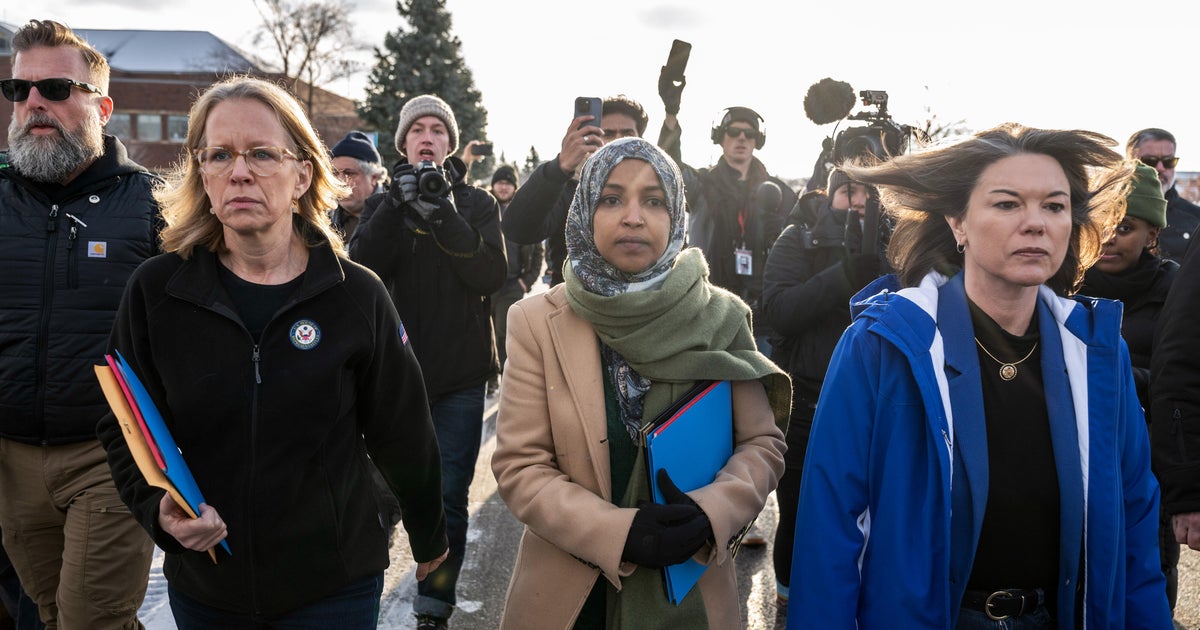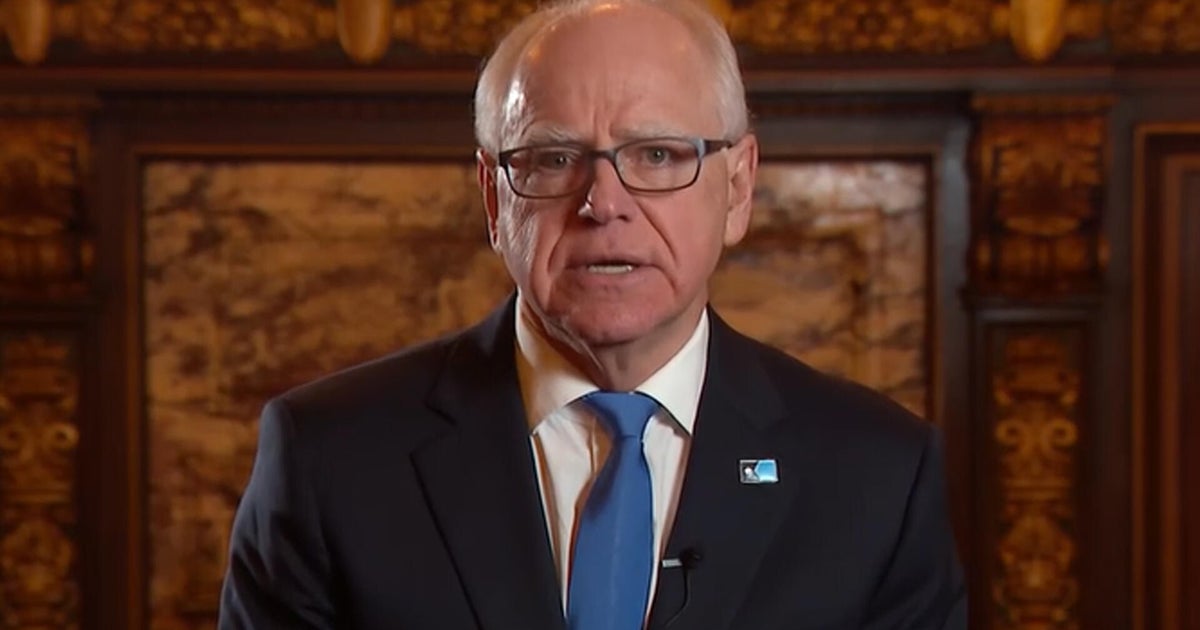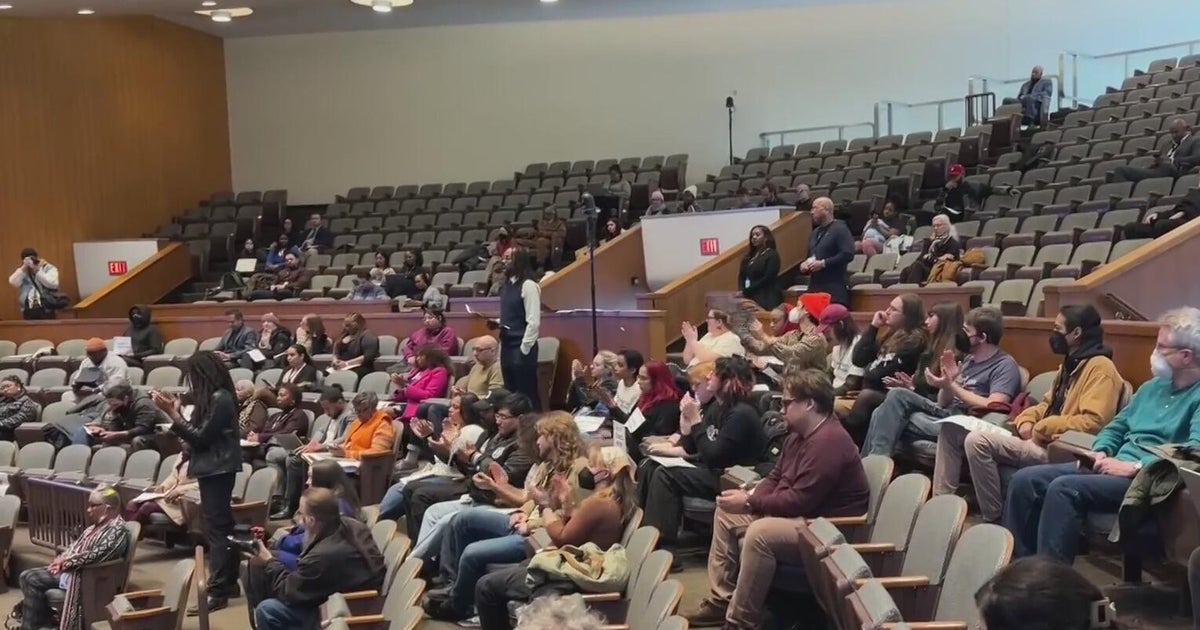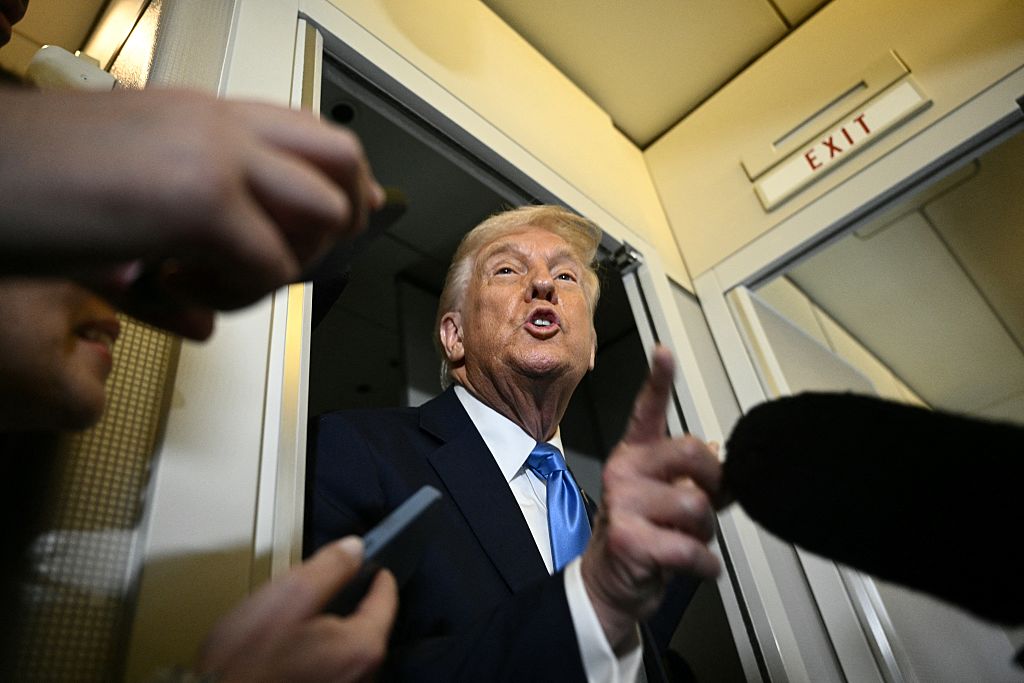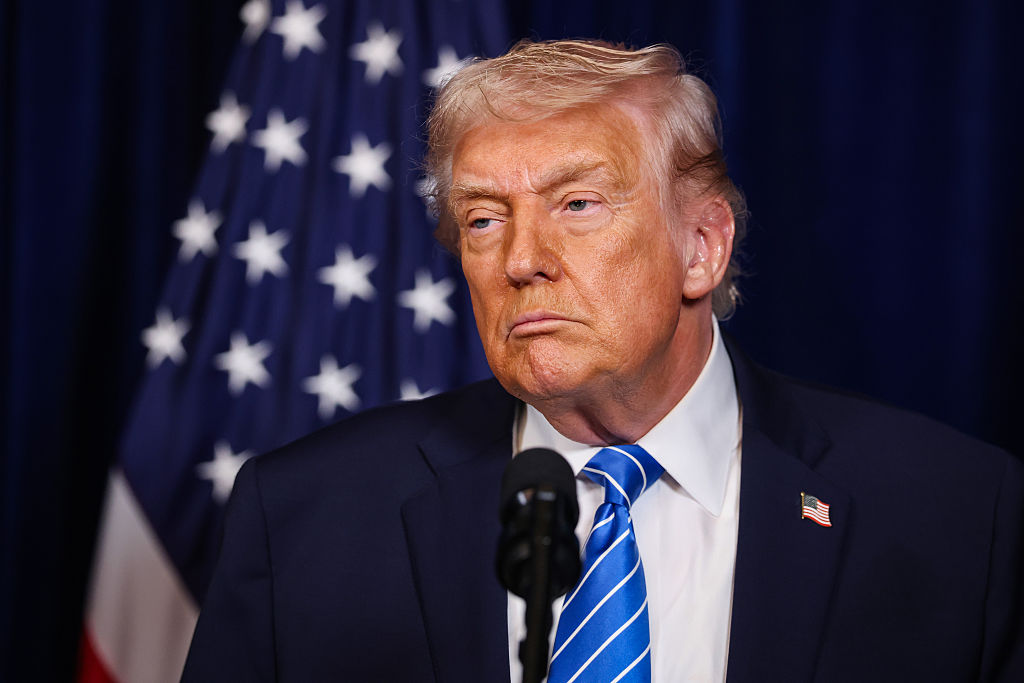It's a good time to be an immigration lawyer
The early days of the Trump administration have been busy for immigration lawyers. They’ve been rushing to grapple with the president’s controversial executive order restricting travel from seven Muslim-majority countries, which was put on hold last week by a panel of federal judges, and his efforts to deport migrants who had been previously given a reprieve.
Woods Fuller Schultz & Smith, a law firm in Sioux Falls, South Dakota, has seen “at least a doubling or tripling” of phone calls since December from both existing immigration clients and others looking for advice, said Amanda Bahena, an attorney with the firm.
“At this point, we can handle the capacity because as soon as we heard Trump was elected, we planned for this,” she said. “If this trend continues, work is going to build up to an unmanageable level.”
In 2012, the New York Bar Association warned of a “dire” shortage of immigration lawyers and insufficient safeguards for clients against unqualified practioners. At the time, the Obama administration ratcheted up the deportation of undocumented migrants to 2.5 million, the most in U.S. history.
Though some progress has been made since the report was published, the shortage hasn’t gotten significantly better, according to Jojo Annobil, executive director of the Immigrant Justice Corps, who co-chaired the committee that issued the Bar Association’s findings.
Indeed, U.S. immigration courts are so backlogged that some defendants need to wait nearly two years to get their cases heard. Not surprisingly, navigating the nation’s Byzantine immigration policies can take a toll on lawyers, according to William Stock, president of the American Immigration Lawyers Association.
“Burnout is a problem,” said Stock. “A lot of immigration lawyers are solo and small practitioners who have a certain level of capacity. They only have so many hours in a day, and they have a limited ability to ramp up” their businesses to meet the rising demand.
Mr. Trump’s temporary immigration ban rattled legal immigrants and their employers because some green card holders were also denied entry into the U.S. when the executive order first went into effect.
“It’s completely out of proportion to any particular threat, and it was clearly driven by a very limited and a very ideological process,” Stock contended.
President Trump maintains that tighter restrictions on immigration are necessary to protect the U.S. from terrorism.
Mr. Trump has also pledged to build a wall along the U.S.-Mexico border that could cost $21.6 billion, according to the Department of Homeland Security. Private prison operator CoreCivic (CXW) recently told Wall Street analysts it could provide the additional facilities the U.S. government will need if Mr. Trump’s immigration policies become law. High numbers of inmates at the detention facilities CoreCivic operates for U.S. Immigrations and Customs Enforcement boosted the company’s latest quarterly results.
During the recent protests against the seven-nation travel ban at airports, lawyers set up temporary offices to offer free advice. Other attorneys are getting trained on immigration law so they can assist people facing deportation. That’s a useful skill since the Trump administration recently began deporting migrants who had been given a reprieve from the Obama administration.
“When I started practicing in 1993, we could usually give someone a path forward,” Stock said. “We could show them a work-related visa or something that might take a long time to get them legal status, but would get there one day.”
However, he said, “beginning in 1996 and through 2001, those paths forward have just been pruned back and pruned back and pruned back. Increasingly, immigration lawyers are simply on the defensive.”
For now, though, there is plenty of work to do.
“Every time there is an announcement or change, we get a flood of nervous people calling,” said Bahena of Woods Fuller Schultz & Smith. “Trump has promised to secure employment for more workers, and he’s done a good job securing work for lawyers.”
